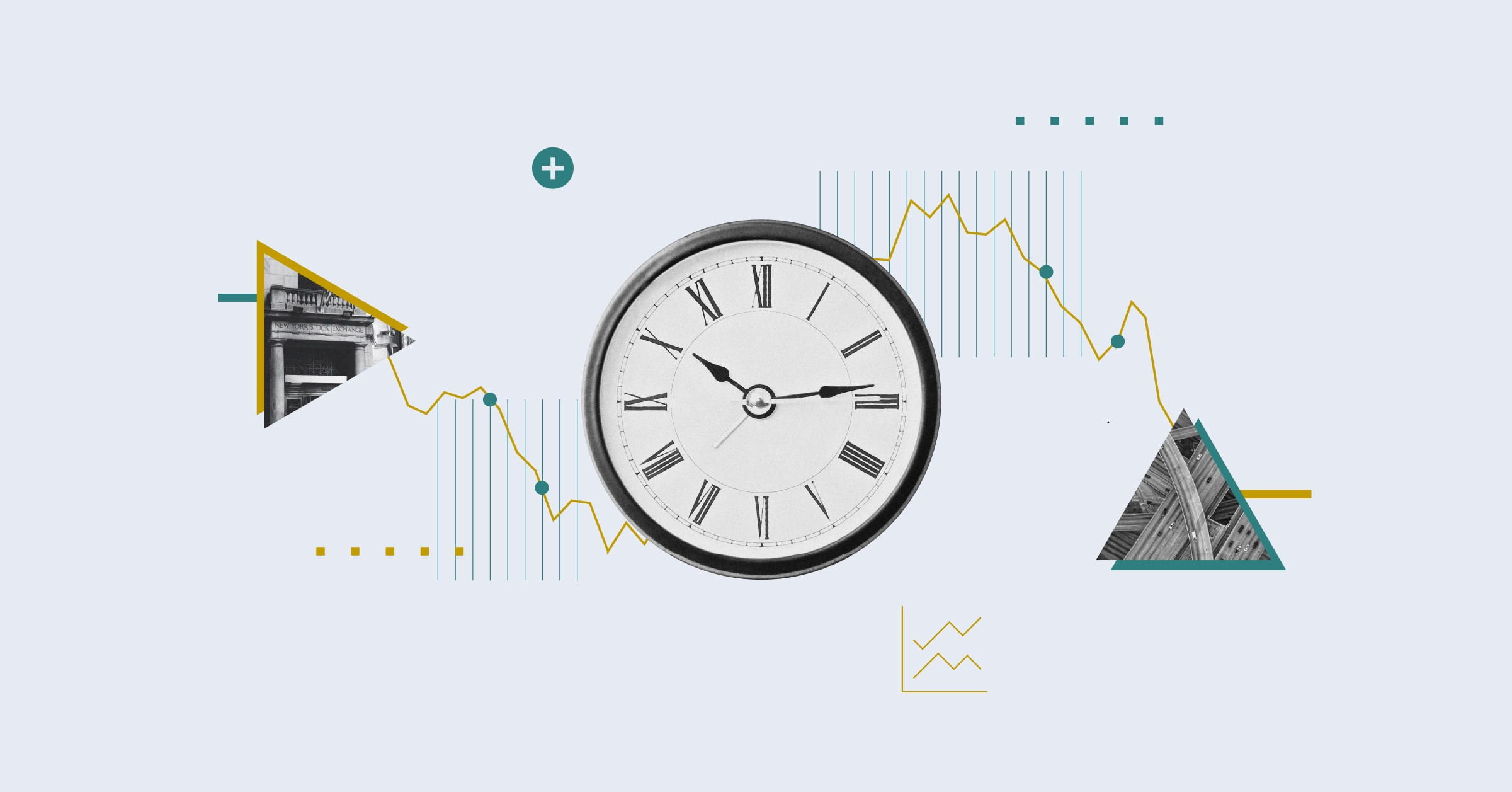All this week we are running a Guide to Active and Passive Investing to help you, the investor, make smart choices for your portfolio.
When did you buy the funds your portfolio? If you invested before 2013 chances are you are paying more than you should for your fund investments. Before the introduction of regulation called the Retail Distribution Review in January 2013 investors’ money went into fund’s higher charging share classes. The fees on these share classes included the commission payments received by financial advisers.
When the regulation banned commission-based advice, cheaper ‘clean’ share classes were introduced which charged significantly less – in some cases halving the cost of accessing funds. According to the Investment Association, after January 2013 new investments poured into these clean share classes, taking 80% fund flows.
Savers who invested prior to the regulation may assume they have been automatically swapped into the cheaper clean share class – but the rules do not require fund groups and platforms to so until April 2016. This means you could be overpaying for more than three years – eating into your returns and your pension pot.
Penalised for Buying Direct
We may be used to buying funds through platforms today, but go back more than a decade and investors, particularly during the PEP and ISA boom years, bought funds directly from asset managers. These investors will not be automatically transferred into the clean share class at April 2016 and need to wise up to the potential detrimental effect of higher charges.
With the exception of one or two boutique fund houses, it is cheaper to invest through a platform as you will not incur any initial charges. Platforms aggregate transactions – bundling together individual investors’ purchases as one.
Switching to the Clean Share Class
Most platforms will help you convert your investments in higher charging fund share classes in the clean share class either over the phone or online. Fidelity FundsNetwork will take online or telephone instruction to covert shares, and will action the request for no cost, completing within a couple of days.
Hargreaves Lansdown will also convert shares for no cost, but take longer to action the request – they do them in bulk once a quarter. TD Waterhouse is also offering a free switching service for its clients.
Before switching check with your platform or fund provider that the clean share class charges less than your current investment as in some rare cases it doesn’t pay to covert.





























